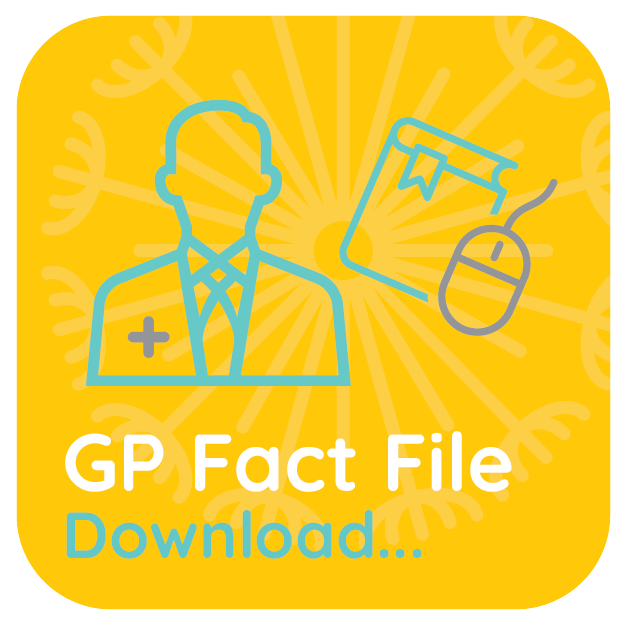Information for GPs
Understanding pituitary conditions
As primary healthcare providers, you play a pivotal role in the early detection, management, and referral of patients with pituitary conditions. The Australian Pituitary Foundation is committed to supporting you in this journey. Here, we’ve curated a valuable collection of resources, tailored specifically for GPs, to enhance your understanding and management of pituitary conditions.
Why is this information so important for GPs?
Pituitary conditions can often present with non-specific symptoms, making them challenging to diagnose. Early detection, and appropriate management, can significantly improve outcomes for patients, and in turn, their families.

An Overview of Pituitary Tumours for GPs
Pituitary tumours may affect any part of the pituitary, therefore the symptoms are wide-ranging and may not be recognised by the patient for some years. However, certain clusters of symptoms can give an indication of possible pituitary dysfunction.
Patients are often aged between 30–60 years and may have chronic headache and visual symptoms, particularly deteriorating peripheral vision. There may be symptoms of primary hormone hypersecretion, such as hyperprolactinaemia, acromegaly, or Cushing’s disease. However, symptoms may be much more general, including fatigue, amenorrhoea, loss of libido and erectile dysfunction, associated with pituitary hypofunction. More rarely, a patient may present with polyuria because of diabetes insipidus.

Symptoms of Pituitary Conditions
Pituitary conditions occur when the pituitary gland makes too much or too little of a particular hormone. The main cause of pituitary conditions is a non-cancerous pituitary tumour. Other common causes, include head injuries, bleeding in or near the pituitary gland and some medications and cancer treatments.
We have compiled a listing of the most common symptoms, related to high or low levels of hypothalamic-pituitary hormones.

Referral Pathways
Referral pathways for pituitary conditions depend on the diagnosis and clinical presentation of the pituitary condition. Most pituitary conditions are non-urgent and can follow a systematic, step-by-step process to decide the most appropriate referral pathway. There are certain situations whereby the condition is urgent, and this necessitates immediate referral to either the emergency department, or to contact a pituitary neurosurgeon or endocrinologist directly by phone.

Other Resources
The Australian Pituitary Foundation provides support for patients with pituitary conditions. The UK’s Pituitary Foundation (www.pituitary.org.uk) and the USA’s Pituitary Network Association (www.pituitary.org) are also excellent sources of information and interaction with others affected by pituitary conditions.

